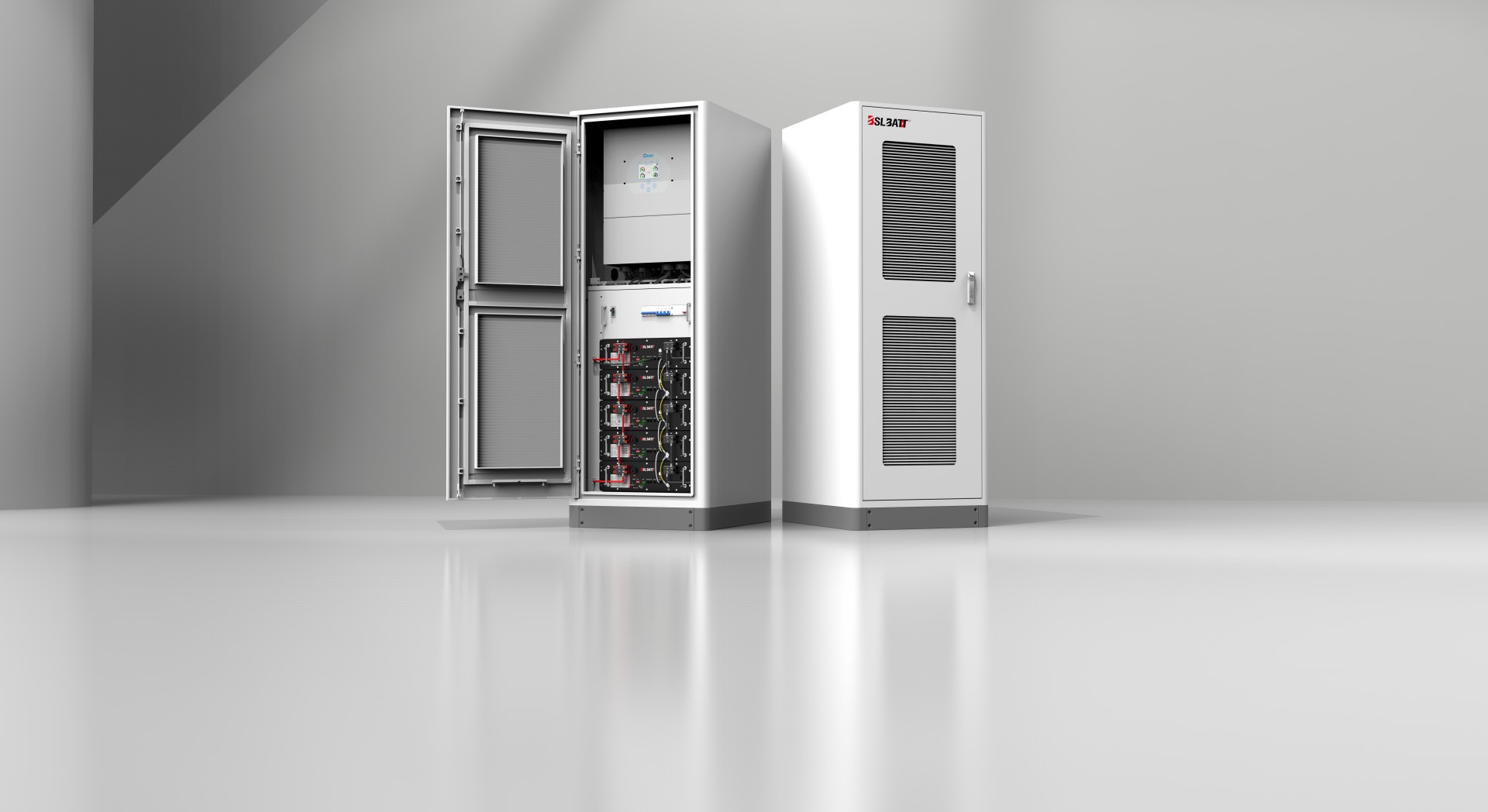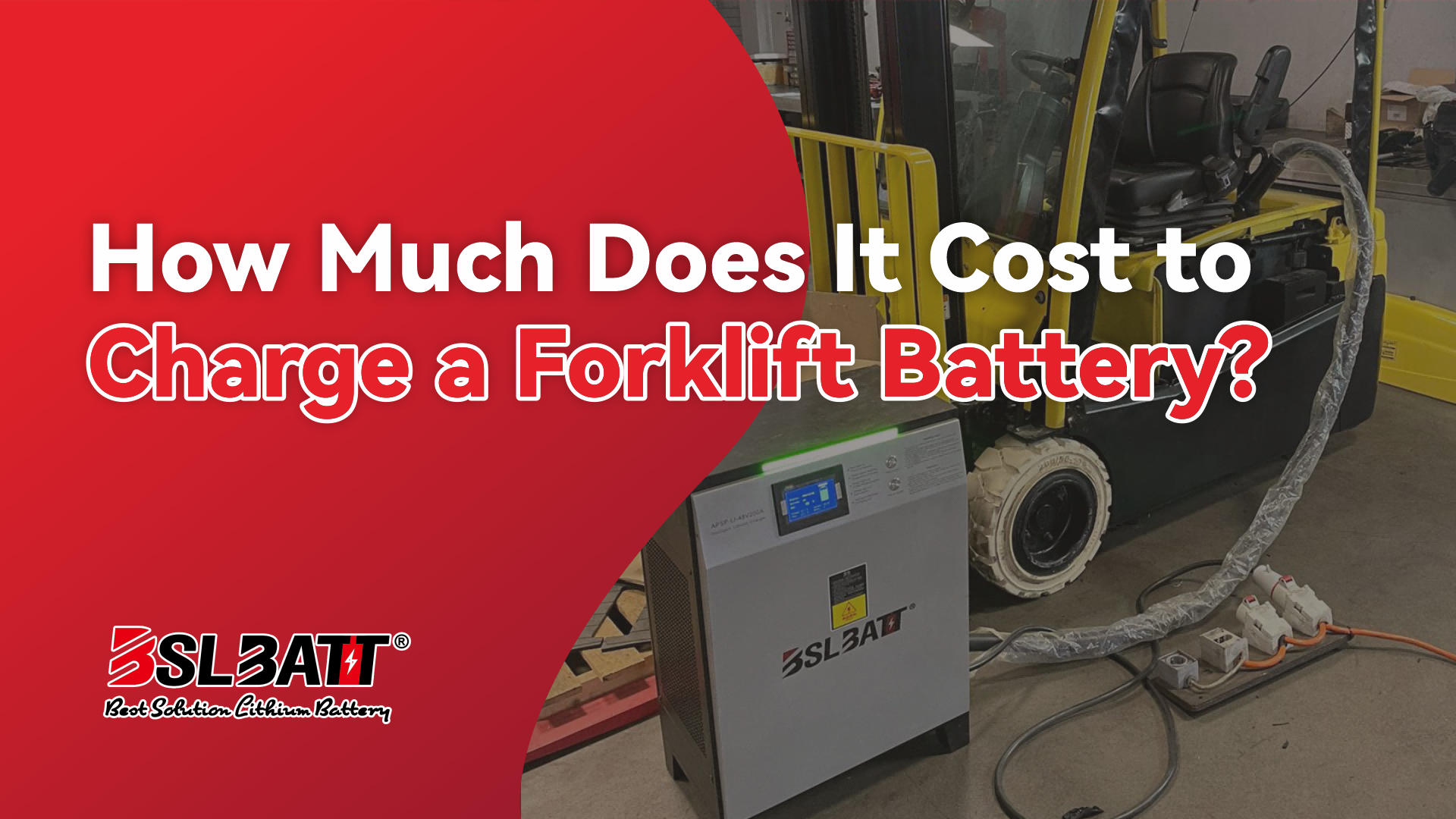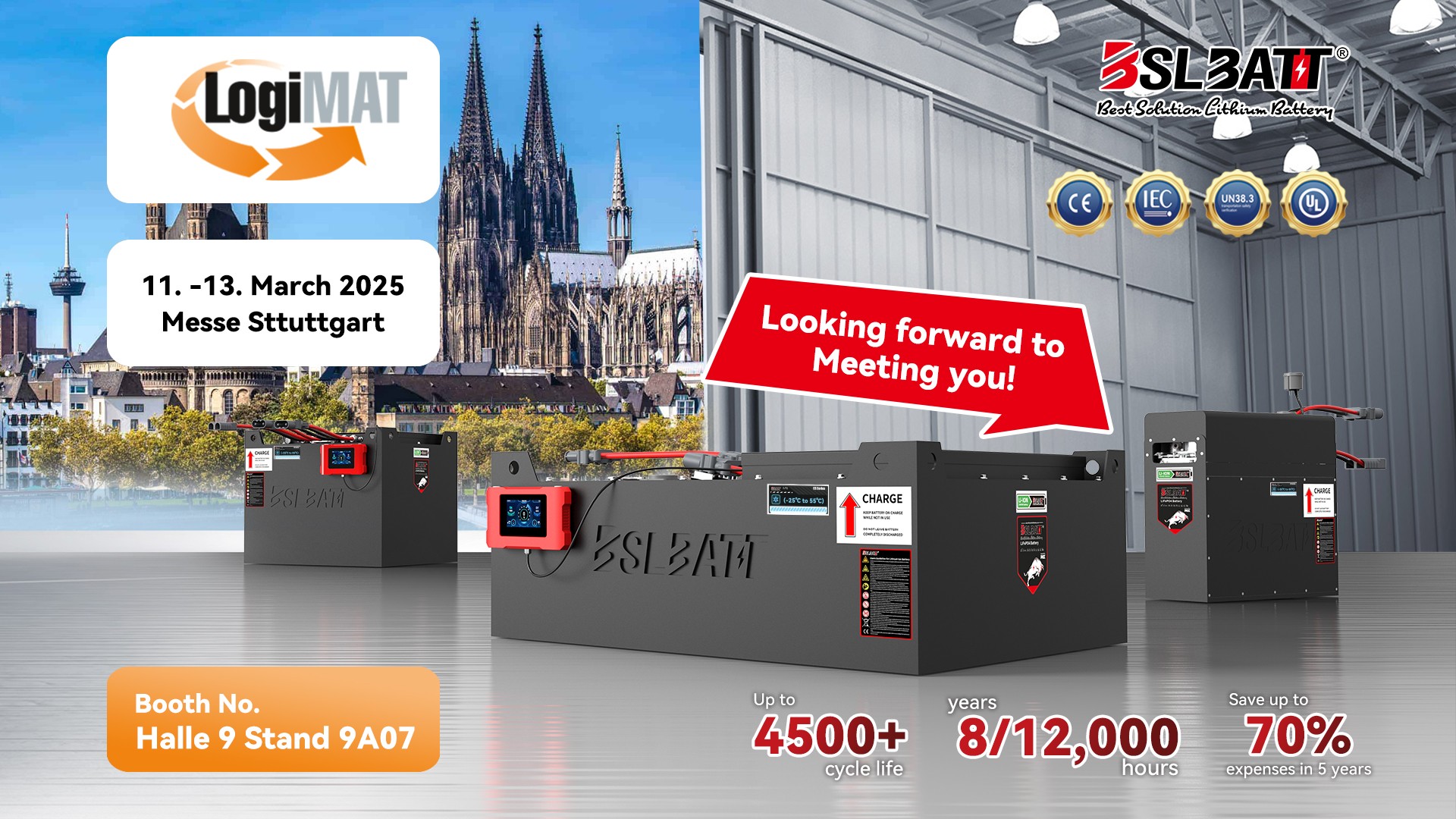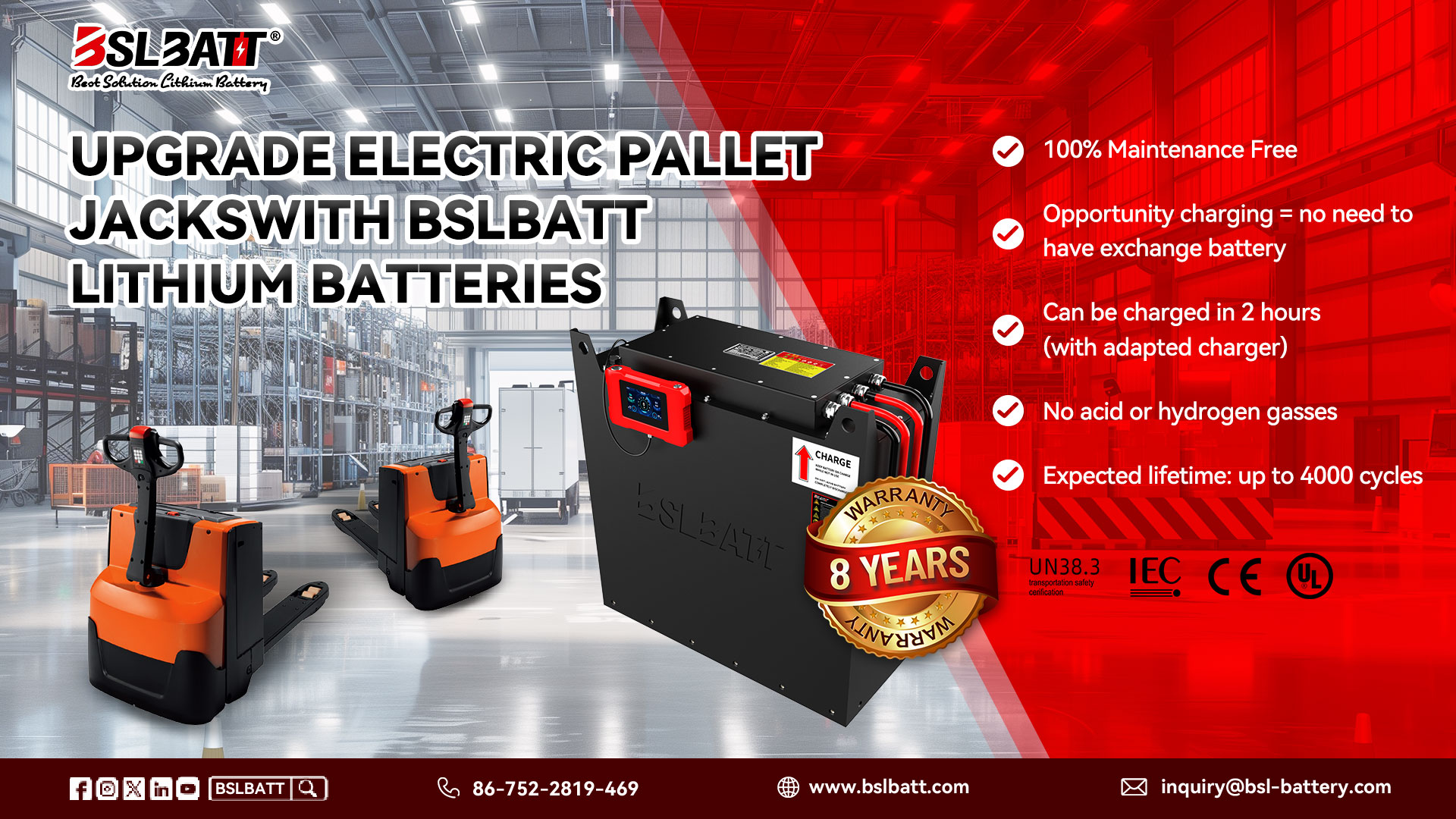What is a Server Rack Battery?
The Server rack battery is a specialized battery energy storage solution designed to fit within standard server racks, providing backup power to critical servers and networking equipment housed in server racks. Server rack batteries are categorized by their ‘U’ size, which refers to their vertical space in a standard 19-inch server rack. The ‘U’ stands for rack unit, 1U = 1.75 inches (44.45 mm) high. The 3U or 4U sizes are typically more commonly used, but smaller versions such as 1U and 2U are also available.
Today, server rack batteries are a popular choice for home battery storage systems. For example, the 51.2V (48V) 100Ah battery is now the most popular model, which can store up to 5kWh of power, and when integrated into the grid, it can act as an uninterruptible power supply (UPS) to provide backup power during power outages.

Advantages and Disadvantages of Server Rack Batteries
Advantage
- Small size: Depending on capacity, sizes range from 1U to 4U and fit into standard 19-inch racks for space-saving installation.
- Modular design: multiple units can be connected in parallel to increase capacity according to your needs, which is suitable for both small and large-scale energy storage needs.
- Easy installation: plug and play, eazy to install and use.
- High safety: metal casing and lithium-iron phosphate (LiFePO4) battery cells for safety and long life.
- Intelligent communication interface: standard CAN, RS485 and Bluetooth communication interface, you can remotely debug and monitor the power system operation via mobile phone, view the voltage, SOC and overall voltage and current of each battery, etc., simplify the network management work and improve the reliability of the system.
Disadvantage
- Unportable: common 48V 100Ah rack batteries can weigh up to 50kg and require the use of tools to move.
- Repair Difficulty: It is more difficult to replace battery cells when the battery fails, 48V batteries usually contain 16 or 32 cells.
How to Choose the Right Server Rack Battery

- Capacity and Voltage: When selecting a server rack lithium battery, ensure its capacity and voltage meet your specific energy storage needs. For example, the 51.2V 100Ah battery has a capacity of 5.12 kWh, and can be paralleled as many times as needed to boost capacity, making it suitable for most home energy storage systems.
- Compatibility: Verify that the battery is compatible with your solar panels, inverters, or hybrid systems to ensure seamless operation.
- Battery Management System (BMS): Look for a robust BMS with overcharge protection, temperature monitoring, and performance optimization to enhance safety and efficiency.
- Scalability: Modular batteries are ideal for expanding energy storage as needed. Rack batteries can be stacked or connected in parallel for higher capacity.
- Warranty and Longevity: Option for batteries with extended warranties and long cycle lives, such as 5-10 years and up to 6000 cycles, to ensure durability and reduce long-term costs.
- Brand Reputation and Performance: Choose a brand with a strong reputation for quality, reliability, and innovation. For example, the BSLBATT 48V rack lithium battery series is well-regarded for its exceptional performance, compatibility with various systems, and advanced safety features, making it a top choice for home energy storage solutions.















